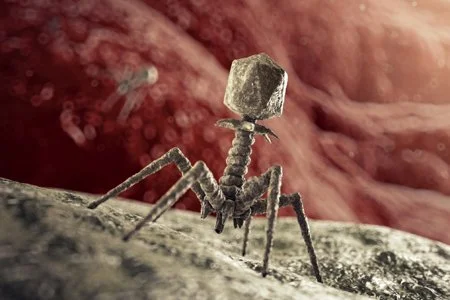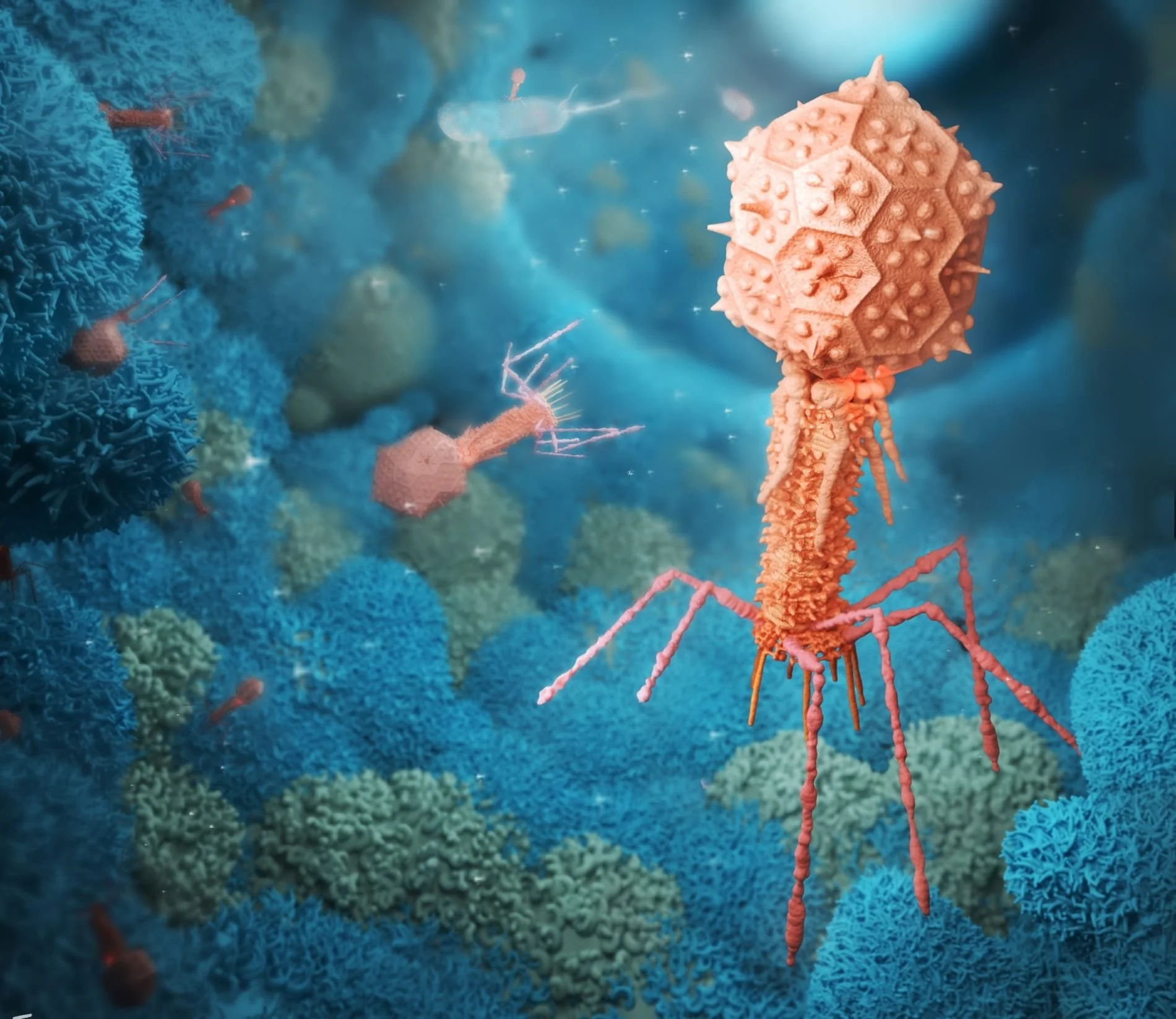
The Importance of Precision in Surgery
Precision in surgery is a paramount factor influencing patient outcomes, surgical success, and overall healthcare quality. This article explores the necessity of precision in various surgical procedures, the technological advancements enhancing surgical accuracy, and the implications of precision on patient safety and recovery.

The Sleeping Beauty Paradox
The Sleeping Beauty paradox is a seemingly mundane scenario involving a sleep experiment and an oblivious girl. At first blush it may seem trivial, but further contemplation reveals several layers to the problem. In this article, let’s explore the Sleeping Beauty paradox with an analytical lens and dispel the confusion.

The Perils of Iron Deficiency
There aren’t many scientifically robust studies that investigate the relationship between iron deficiency and physical or mental abilities, but the ones that do present striking results.

Cognitive Biases: Rethink What You Know
In the age of readily available information, we are constantly inundated with stimuli. The interpretation of media presents a slew of challenges that our hunter-gatherer brains are not equipped to handle, and in our attempt to parse complex information, we inadvertently fall prey to unsubstantiated views about the world.

The Complexities of Dementia
Dementia represents a complex and multifaceted syndrome, characterized by the decline of cognitive functions such as memory, thinking, orientation, comprehension, calculation, learning capacity, language, and judgment.

The Science and Complexities Behind ADHD
The complexities of ADHD lie in its diagnosis, varying presentations, underlying causes, and the multifaceted approaches to management and treatment.

Understanding Autism
Autism, or autism spectrum disorder (ASD), represents a broad range of conditions characterized by challenges with social skills, repetitive behaviors, speech, and nonverbal communication. The science behind autism is complex and involves genetic, neurological, and environmental factors that contribute to its development and manifestations.

Developing Medicine in the Modern World
Medicine in the modern world stands at the forefront of unprecedented advancements, driven by the integration of cutting-edge technologies and a deeper understanding of molecular biology. This article by Science ReWired explores the transformative developments in medical science, their impact on patient care, and the challenges and ethical considerations that accompany these innovations.

The Escalating Tide of Teenage Depression
Adolescence, a phase once associated with exuberance and exploration, now contends with a disquieting surge in depression among teenagers. This escalating tide of mental anguish demands introspection into its multifaceted origins and a concerted effort to alleviate its profound impact on the younger generation.

Addiction in Adolescents
Adolescence is a period of remarkable growth, not only in physical stature but also in the intricate interplay of biological, psychological, and social development. Amidst these changes, teenagers navigate a maze of hormonal fluctuations that significantly influence their susceptibility to substance addiction.

Confronting the Abyss of Addiction
Addiction has become synonymous with “weakness,” a common misconception which has arisen in recent years. However, addiction, whether it’s related to substances or certain behaviours, is a phenomenon that lies far more profound in our cognition.

Healed by Nature
Take a moment. Step outside. Place your hands out. Feel the gentle gust of the wind dancing through the crisp air. Open your ears. Listen carefully. Listen to the harmonious song of the birds. Listen to the calming hiss of the leaves. Listen to the transcendent flow of the waterfall. Smell the fresh, replenished air burrowing its way into your obstructed nostrils. Find a spot. Take a seat. Close your eyes, and take a moment to focus. Forget about the world and simply use your senses to feel. We are bodies of nature. Nature is our home; it is a place to heal, grow, and reconcile. This articles from Science ReWired discusses ecotherapy – a prescription from nature.

Photosynthesis: A Deceptively Complex Process
In elementary school, we are taught a rather simple equation for photosynthesis; it often follows the general path of carbon dioxide and water – with help from the sun’s energy – form to make glucose (sugar) and oxygen. While that equation is accurate, in reality, photosynthesis is a multifaceted and rather intriguing process.

Seasonal Affective Disorder (SAD)
It’s that time of year again, when fall colors slowly fade and the trees, once filled with amber, dismay into a mere skeleton of branches. The weather exponentially decreases, sweat turns into shivers, and windows become painted with a bleak crystalline layer of frost.

Post-Traumatic Stress Disorder
There are many stigmas surrounding mental health and wellness – but the truth is, it’s a global pandemic. Mental health CANNOT be taken lightly, and it is important to be educated on topics surrounding personal wellbeing; that is the goal at Science ReWired. This article will explore post-traumatic stress disorder (PTSD), its causes, and possible treatments.

Bacteriophages: Nature’s Tiny Assasins
Bacteriophages, often simply called phages, are microscopic marvels that have been lurking in the world's most hidden corners, waging warfare at a scale beyond human perception.

Bacteriophages: Nature's Tiny Predators
This article by Science ReWired will delve into the fascinating world of bacteriophages, exploring their structure, life cycle, interactions with bacteria, and the promising avenues they open in various fields.

The Path to Happiness
Aristotle revolutionized the path to happiness, devoting more effort and power to the topic than any prior thinker. He placed happiness above all other morals and values, quoting that it was the central, predominant purpose of man; one’s ultimate goal should be to find and sustain happiness.

Comparative Analysis of Schizophrenia and Dissociative Disorder
Schizophrenia is a mental disorder characterized by disruptions in thought processes, perceptions, emotional responsiveness, and social interactions. It is typically diagnosed in the late teen years to early thirties and tends to emerge earlier in males in their late adolescence to early twenties compared to females, occurring in their early twenties and thirties.

The Neuroscience Behind Coordination
The coordination between the eyes and hands is a marvel of neurological precision. From the simple act of reaching for a cup of coffee to the complexity of playing a musical instrument, our brains seamlessly integrate visual information with precise motor actions. This article from Science ReWired will explore the fascinating world of neuroscience behind eye and hand coordination.